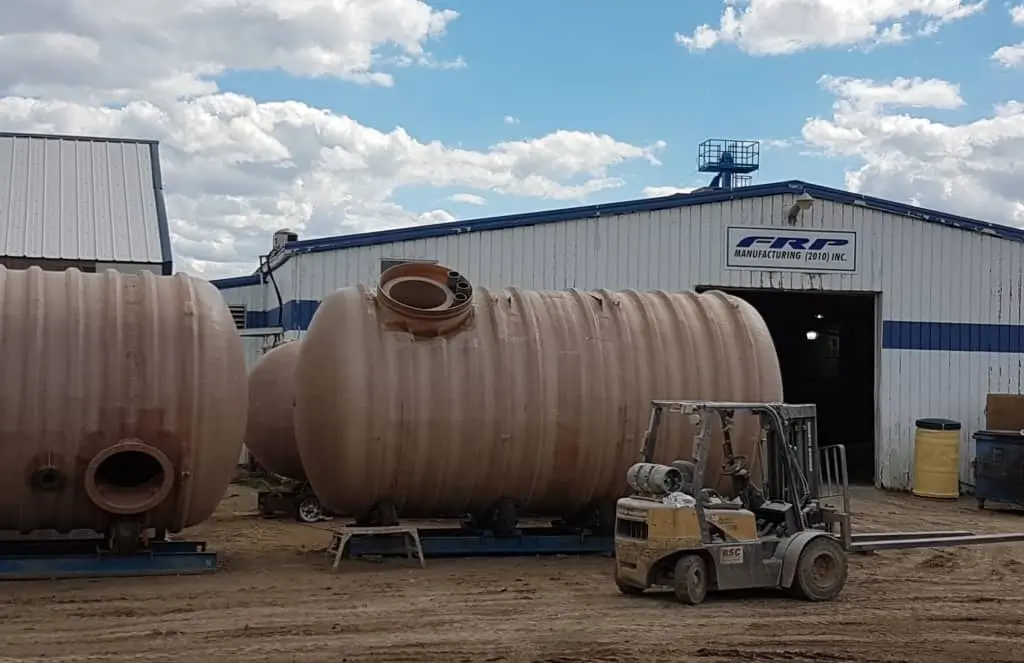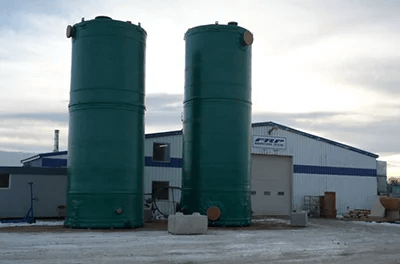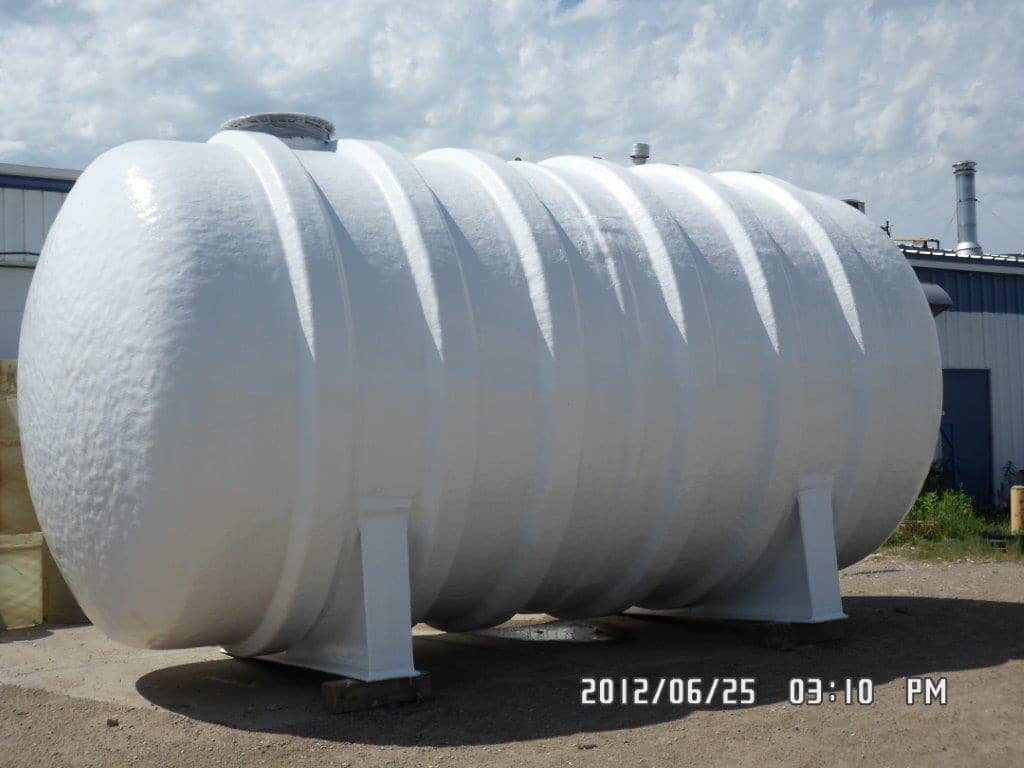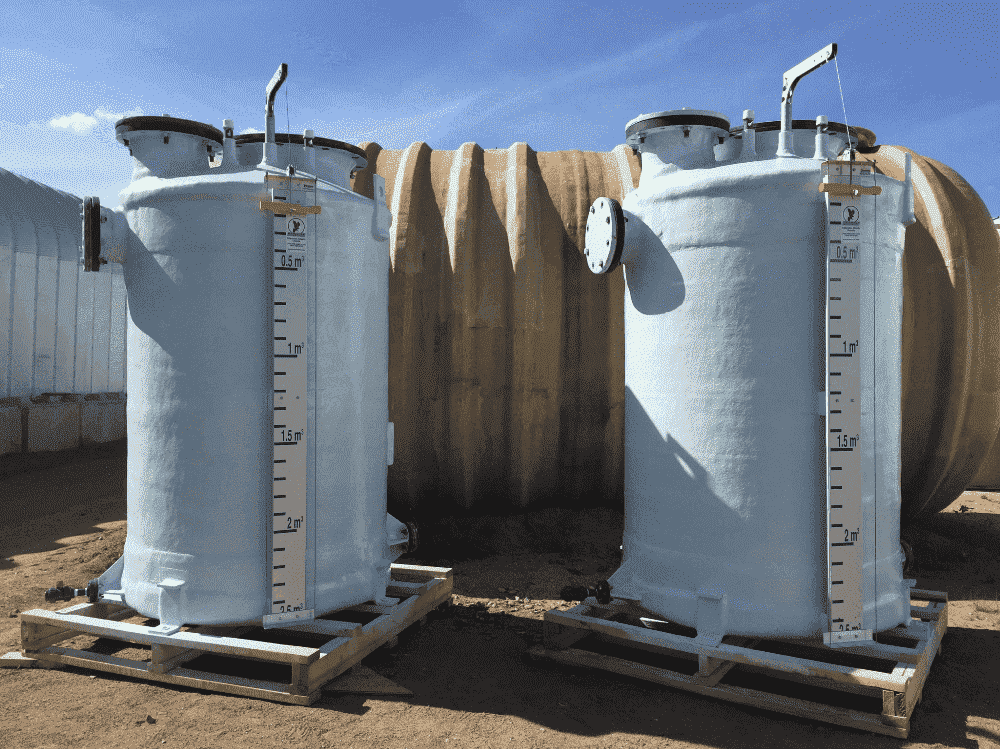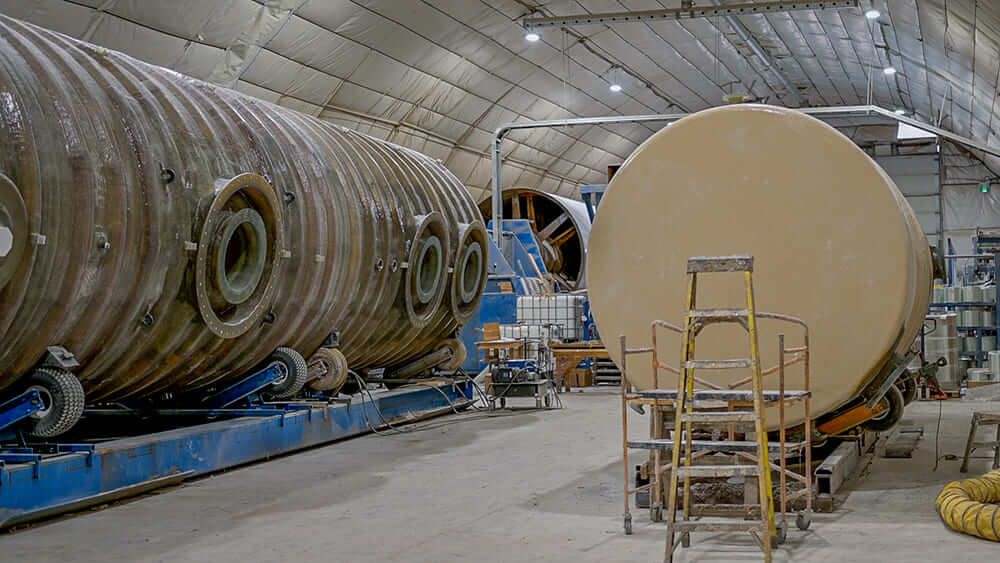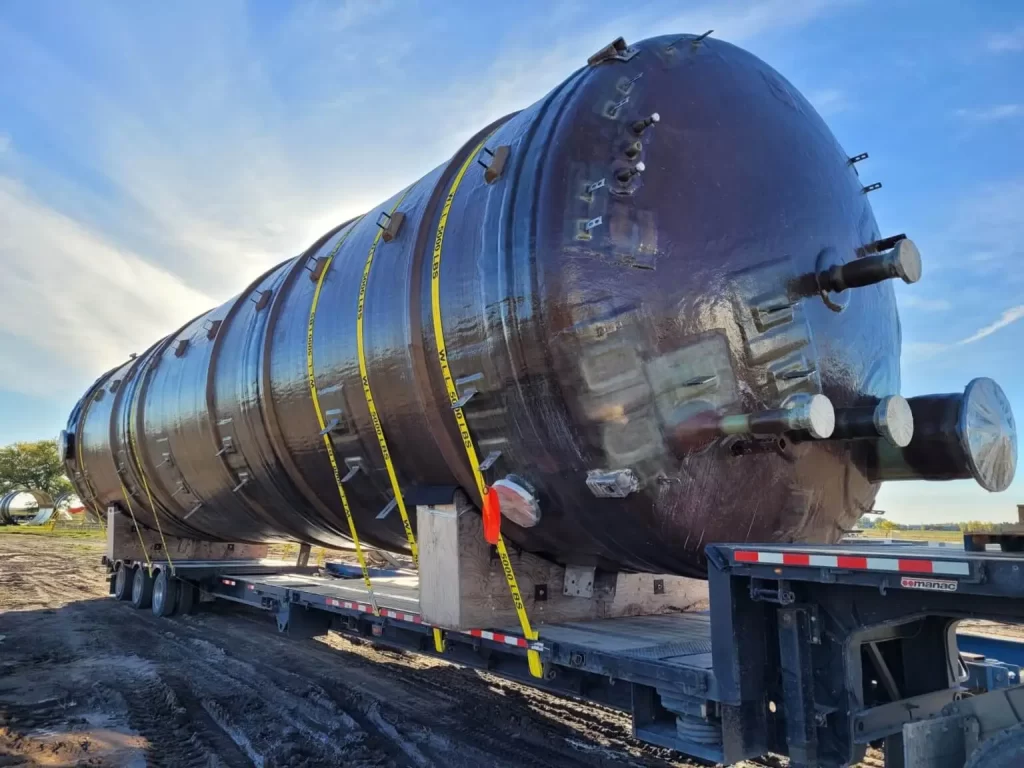Storage tanks facilitate important processes that help with the efficiency, productivity, and sustainability of agricultural practices. These practices may include water storage for irrigation, storage for agricultural chemicals such as fertilizers, herbicides, and pesticides, livestock water supply, and use in drip irrigation systems among several other practices. Unlike other materials such as steel or concrete that can rust or corrode over time, fiberglass tanks are corrosion-resistant, durable, and eco-friendly and play an essential role in modern agriculture by contributing to enhanced efficiency and sustainability in different aspects of farm and agricultural operations. Read ahead to learn what makes fiberglass tanks the best liquid storage choice for effective and earth-friendly agricultural practices!
Fiberglass Tanks Are Corrosion-Resistant
Fiberglass tanks’ non-corrosive characteristics are important for preserving the quality of stored materials. For example, corrosion in steel tanks can result in the leaching of metal ions into stored liquids, which poses contamination risks. Fiberglass tanks remove this risk and ensure the purity of stored substances in the tank. This is important for applications where water quality is paramount such as for irrigation in agriculture. The effectiveness of fertilizers and pesticides can be compromised if they are contaminated with corroded tank surfaces, and fiberglass tanks can help maintain the integrity of stored substances by ensuring that they continue to be effective for their intended agricultural purposes.
Corrosion can greatly reduce the lifespan of traditional metal or steel tanks, and this is where fiberglass tanks’ non-corrosive properties extend their lifespan by reducing tank replacement frequency. The longevity of fiberglass tanks saves costs associated with purchasing new tanks and minimizes the environmental impact of manufacturing new tanks and disposing of damaged tanks.
Fiberglass Tanks Are Durable And Long-Lasting
The longevity of fiberglass tanks minimizes the frequency of tank replacements, reducing investment in new tanks. This saves costs for farmers and also reduces the carbon footprint associated with manufacturing, transportation, and tank disposal. In agricultural settings where fertilizers and chemicals with varying pH levels are frequently stored, the corrosion resistance and durability of fiberglass tanks ensure that the tanks ensure their structural integrity over time. Corrosion resistance reduces the likelihood and risk of hazardous leaks or contamination into the environment and within the tank itself which promotes safe, efficient, and eco-friendly storage practices.
Fiberglass Tanks Have Insulation Properties
Fiberglass tanks offer insulation that helps regulate the stored substances’ temperature. This is important in agriculture for storing substances like water, chemicals, or fertilizers, as their composition can be altered by exposure to extreme temperatures. Maintaining a steady temperature inside the tank can prevent the alteration of agricultural substances. This is crucial since the quality of agricultural inputs such as pesticides or fertilizers can significantly impact crop yields, where maintaining substance integrity can successfully reap or disintegrate the crop yields. Insulation properties offered by fiberglass tanks result in resource efficiency, aligning with the principles of sustainable agricultural practices.
FRP Mocoat will work with you to provide you with the best liquid storage solutions for your agricultural needs. Our focus is on manufacturing high-quality fiberglass tanks that can maintain sustainable and earth-friendly practices. Contact us today to learn more!

